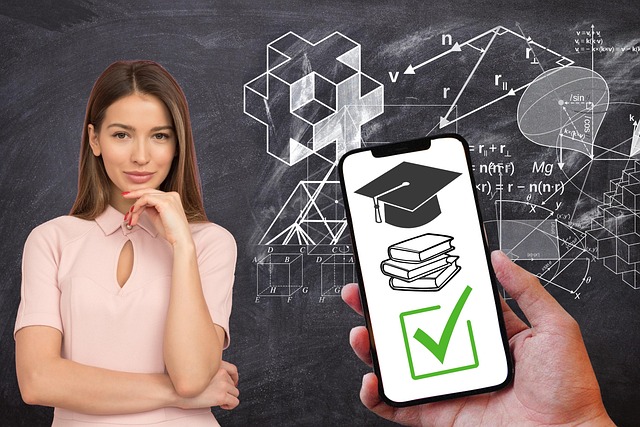Mastering Online Presentations: Enhancing Knowledge in Webinar Education
In today’s digital age, the landscape of education has transformed dramatically. Gone are the days when learning was confined to brick-and-mortar classrooms. With the rise of online presentations and webinars, knowledge building has never been more accessible. However, with this accessibility comes the challenge of making online presentations engaging and effective. Here are some strategies to master this art and truly enhance your online educational experience.
The Power of Online Education
Online education is not just a trend; it’s a revolution that democratizes knowledge. The flexibility of learning from anywhere allows participants to immerse themselves in subjects that pique their interest or align with their career goals. This shift has opened up new avenues for educators and learners alike, breaking geographical barriers and fostering a global community of knowledge seekers.
Engaging Your Audience
To truly harness the potential of online presentations, it’s essential to engage your audience actively. Start by understanding your audience’s needs and expectations. Utilize interactive elements such as polls, quizzes, or Q&A sessions to create a two-way dialogue. This not only makes your presentation more dynamic but also fosters a sense of participation and connection among attendees.
Utilizing Visuals and Storytelling
Visual aids can significantly enhance the retention of information in your presentations. Incorporate images, infographics, and videos to break down complex concepts and keep your audience captivated. Moreover, storytelling can be a powerful tool; weaving narratives into your content can make it more relatable and memorable. By presenting knowledge through stories, you create an emotional link that can inspire deeper understanding and learning.
Building a Learning Community
Webinars provide an excellent platform for building a learning community. Encourage attendees to share their insights and experiences related to the topic. Creating breakout rooms for small group discussions can foster collaboration and networking among participants. When people feel like they are part of a community, their commitment to learning and knowledge sharing increases exponentially.
Feedback and Improvement
After each webinar, seek feedback from your audience. This not only helps you gauge how well you met their learning objectives but also provides insights into areas for improvement. Encourage constructive criticism and incorporate changes based on your audience’s responses. In this way, you can continuously refine your online presentation skills, ensuring that your future sessions are even more effective.
The Future of Knowledge Building
As we move forward, the importance of mastering online presentations in the realm of education will only grow. The digital education landscape is continually evolving, and those who adapt will lead the way in shaping engaging and impactful learning experiences. By honing your presentation skills and focusing on audience engagement, you contribute to a culture of continuous learning that benefits everyone involved.




